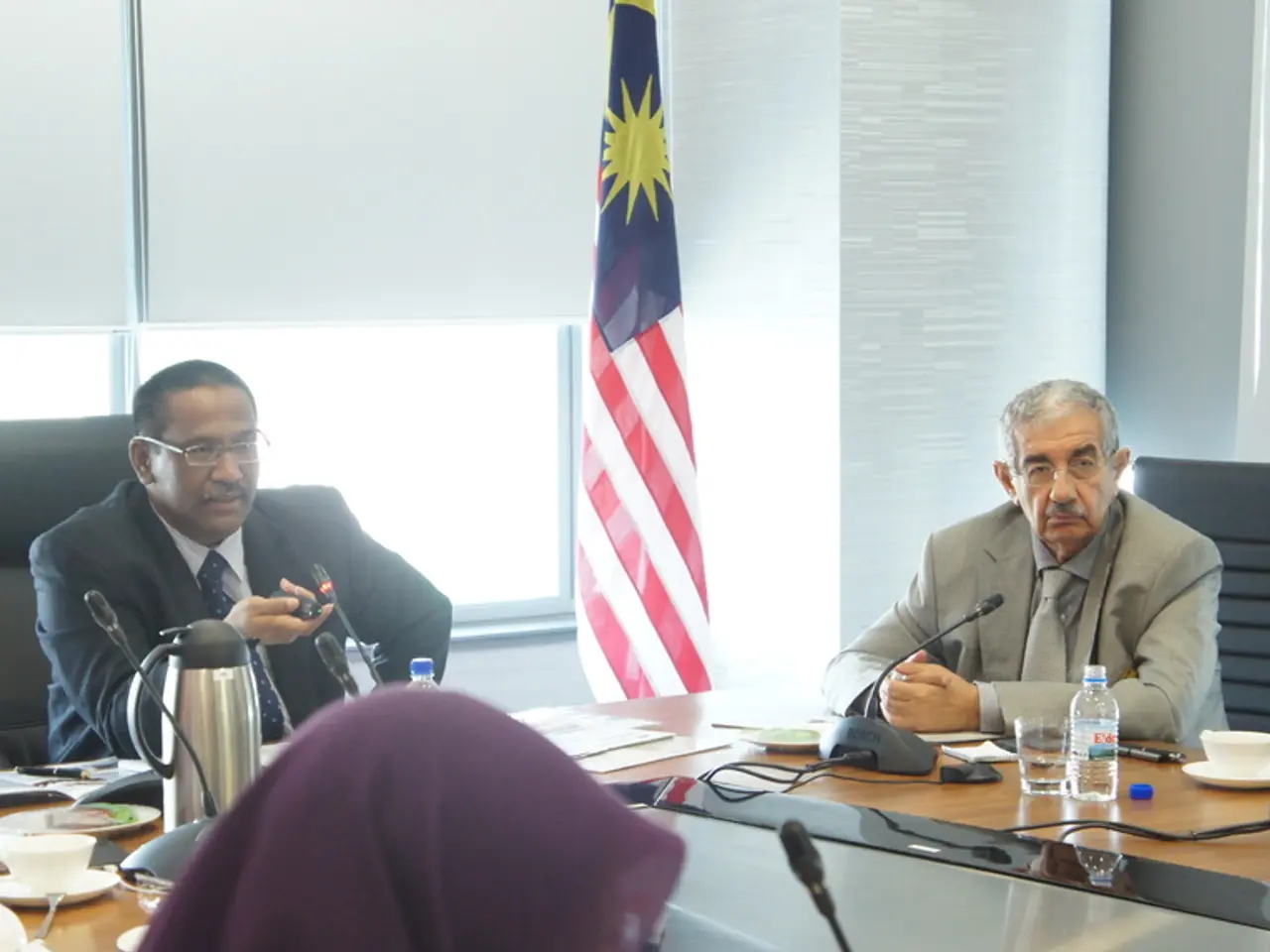Taliban recruits 1,800 jobless Afghan refugees for employment opportunities in Qatar, according to an official statement
In a bid to address unemployment in Afghanistan, the Taliban government has registered 1,800 unemployed Afghans for jobs in Qatar. This registration took place in four major cities: Kabul, Kandahar, Herat, and Nangarhar, open to Afghans with refugee certificates.
However, the situation for Afghan returnees remains complex and fraught with risks. According to reports by rights groups and the UN, Afghans returning from Iran and Pakistan face multiple risks tied to their gender, profession, and links to the former Western-backed administration.
Gender-related Risks
Women and girls among returnees face heightened dangers including poverty, early marriage, violence, exploitation, and severe restrictions on their rights and freedoms under Taliban rule. Many arrive without homes, income, education, or healthcare access, often in a country they have never lived in. The economic crisis and climate shocks exacerbate these vulnerabilities.
Women aid workers assisting returnees also encounter significant challenges and threats, making humanitarian support both critical and difficult.
Profession-related and Political Affiliation Risks
Afghans linked to the former Western-backed administration or certain professions are at risk of discrimination, persecution, and violence upon return. While not detailed explicitly in publicly available texts, these risks are consistent with the pattern of repression noted by human rights observers.
The large-scale forced returns and detentions in Pakistan and Iran, including of registered refugees and long-term residents, result in families being split and vulnerable people, including children born abroad, being stranded in harsh conditions without support.
Additional Risks and Conditions
Many returnees have been forcibly expelled with very short notice and without the opportunity to settle affairs, retrieve belongings, or secure funds, arriving in Afghanistan destitute and empty-handed. Children are frequently left unaccompanied, facing dire nutritional, health, and psychological conditions, with some having no social or linguistic ties to Afghanistan because they were born in Iran.
Over 2.3 million Afghans have returned in 2025 alone, overwhelming border points and protection mechanisms. Funding and humanitarian assistance remain critically under-resourced.
The UN last month reported that the Taliban had tortured and threatened Afghan nationals forcibly returned from Iran and Pakistan due to their identity or personal history. The UN refugee agency (UNHCR) warned in July that forced deportations from Pakistan could violate the international principle of non-refoulement.
Rights groups and the UN have warned that some returning Afghans are at risk of persecution due to their gender, profession, or links to the former Western-backed administration. Repatriations on a massive scale have the potential to destabilize the fragile situation in Afghanistan.
Afghan authorities have urged nationals to return, offering amnesty to those who left after the Taliban returned to power in 2021. However, the Taliban government has not been designated as a terrorist organization by Russia's top court.
Despite these challenges, some Afghans express a desire for opportunities, such as Poyan Ahmadi, an Afghan who left Iran, who expressed a desire for the Taliban government to talk to other countries due to lack of job opportunities in Afghanistan.
Talks are underway to send Afghan workers to Saudi Arabia, the United Arab Emirates, Oman, Turkey, and Russia, offering a glimmer of hope for those seeking employment opportunities amidst the ongoing repatriation challenges.
Read also:
- Discussion between Putin and Trump in Alaska could potentially overshadow Ukraine's concerns
- Independence supporters in New Caledonia refuse agreement offering authority without a vote on sovereignty
- Proposed Standardization of Food Labeling Laws Among Member States by the Commission
- Experimenting with Merz's Germany has stretched into an extended period of time, resembling a numerous three-month duration.








